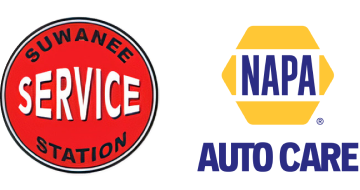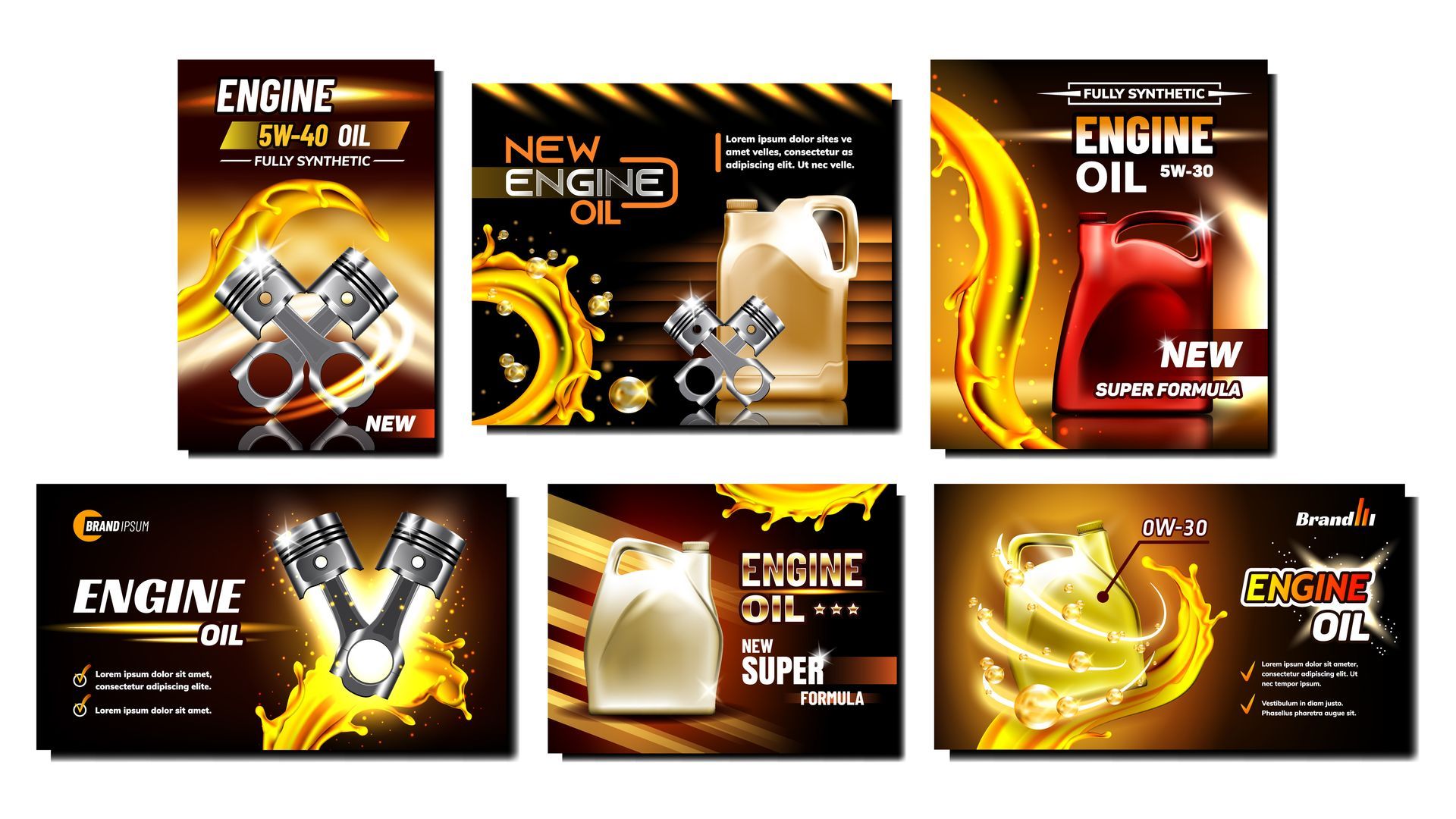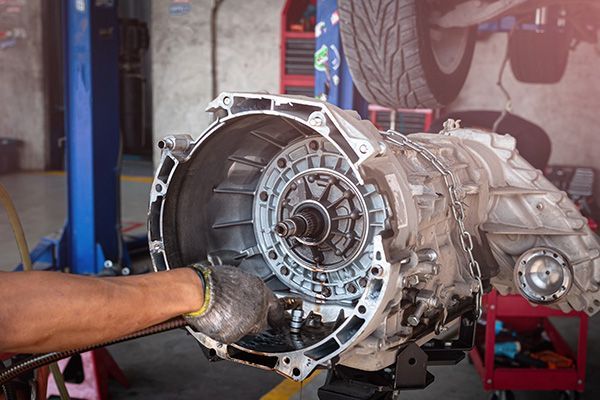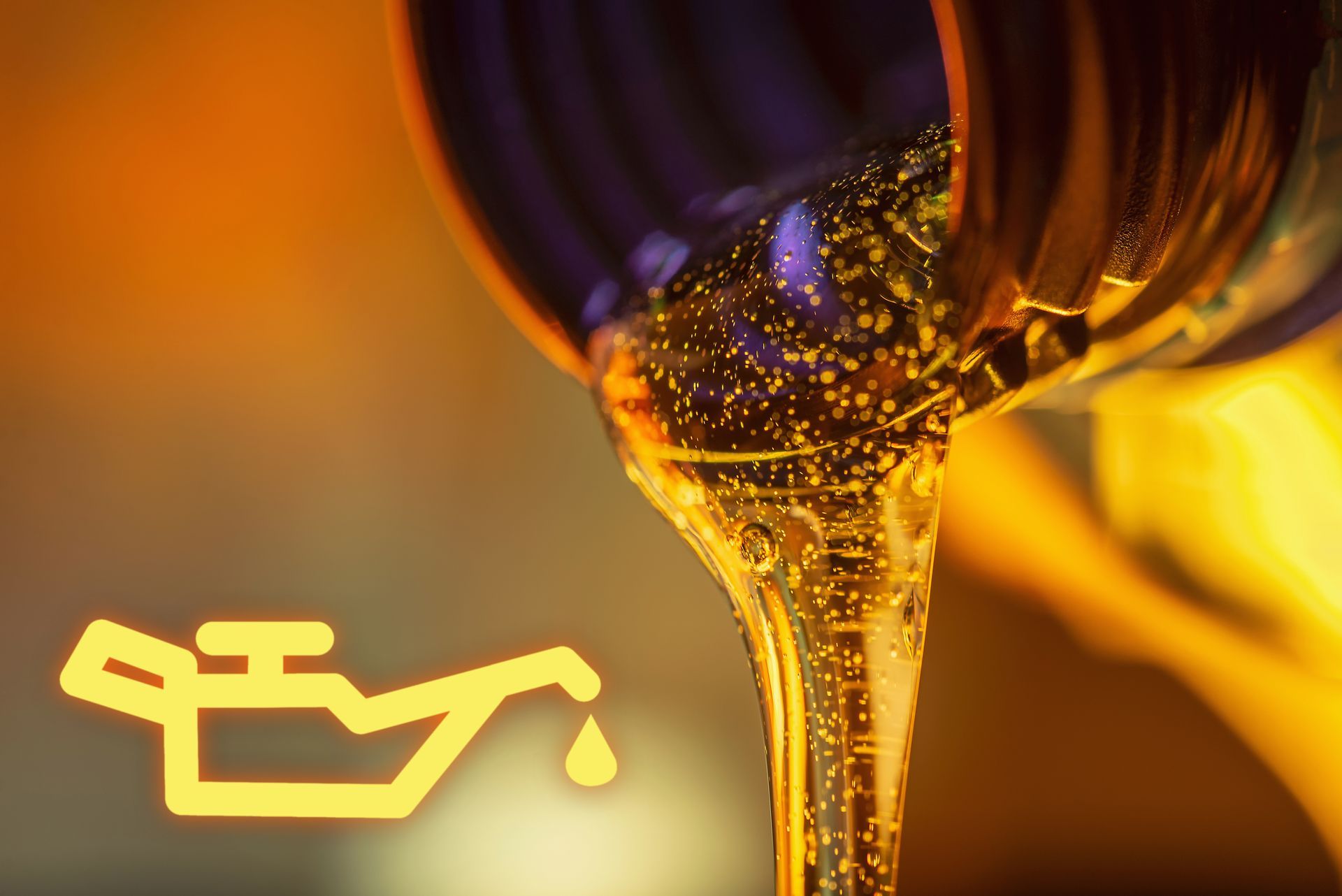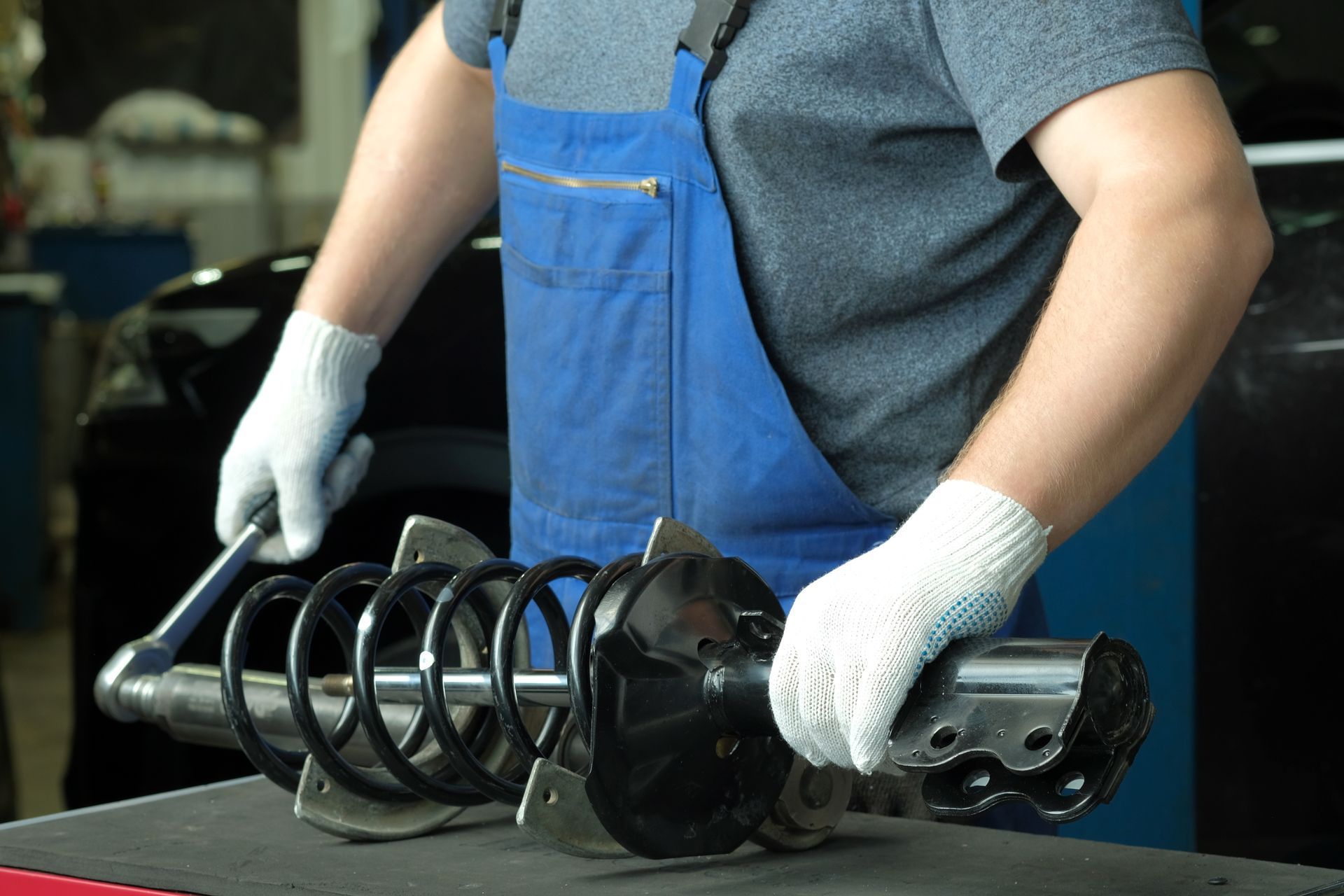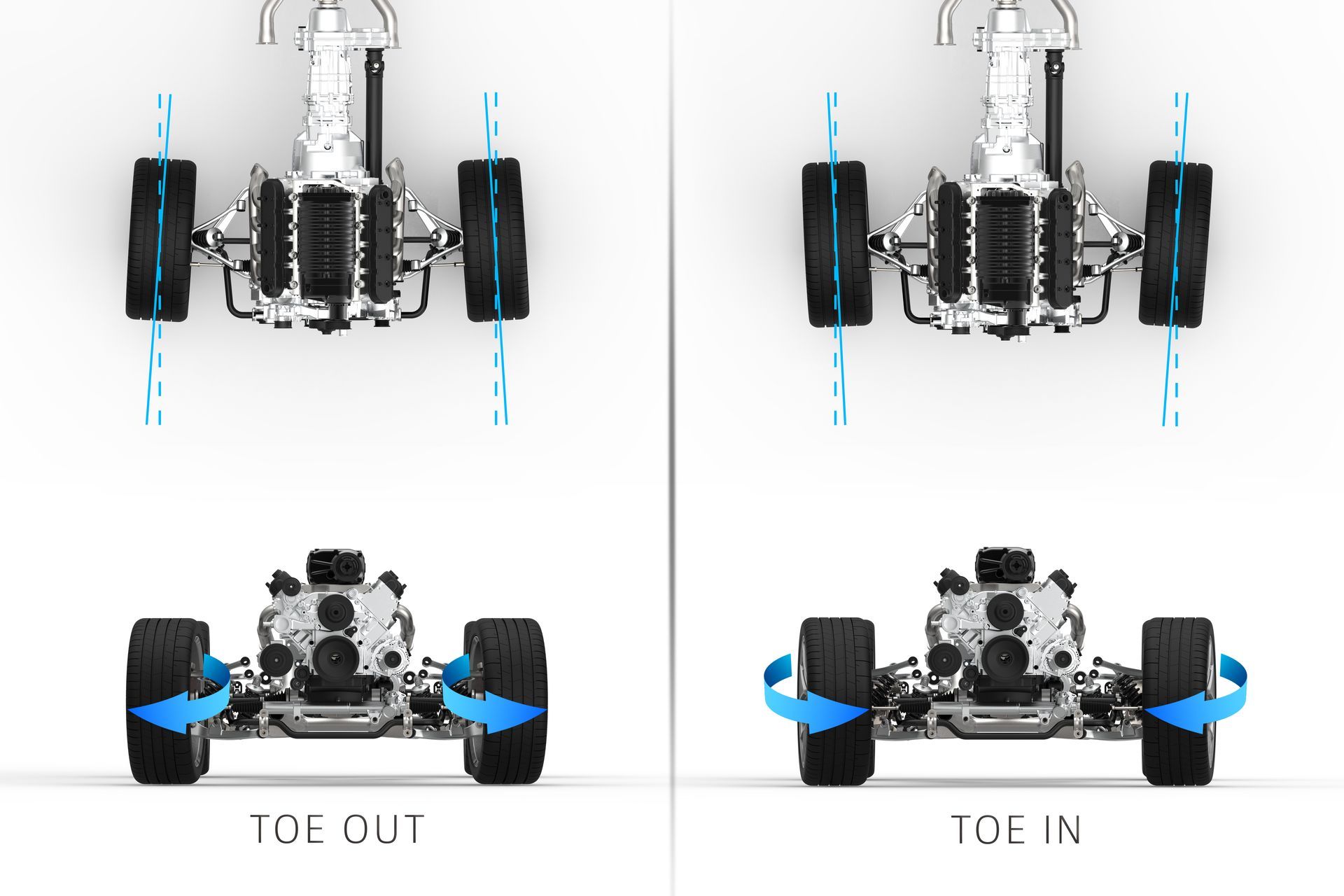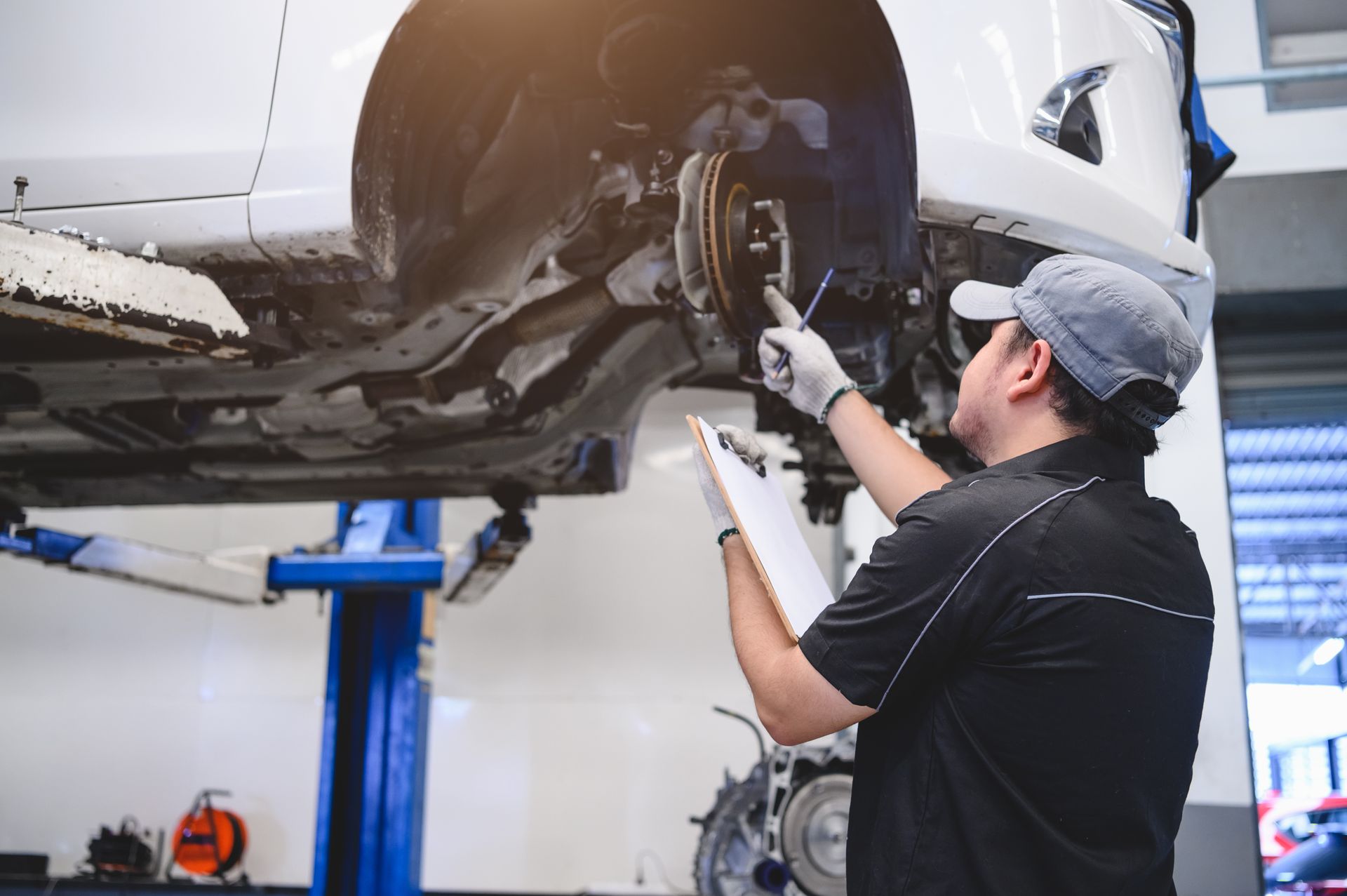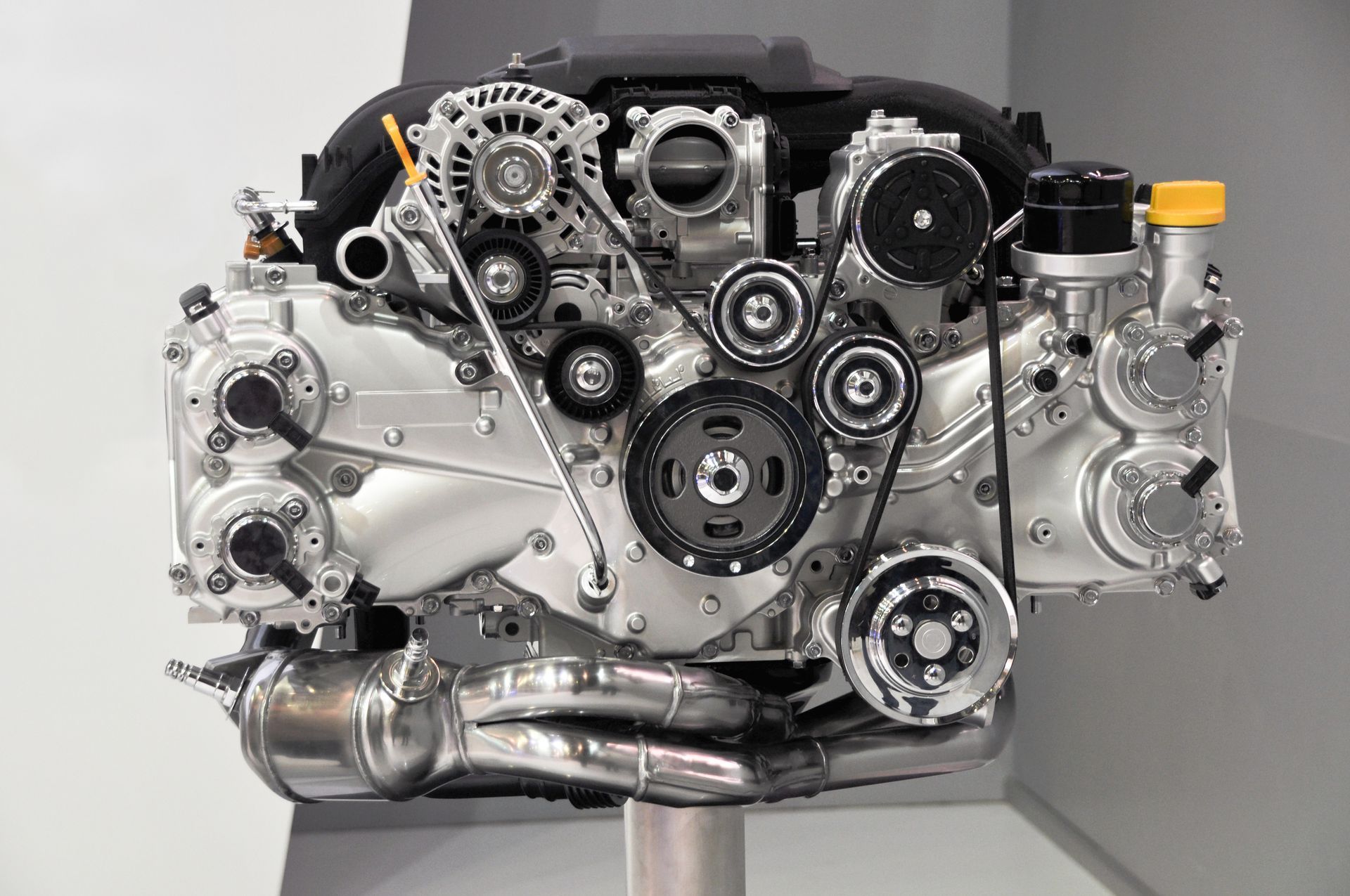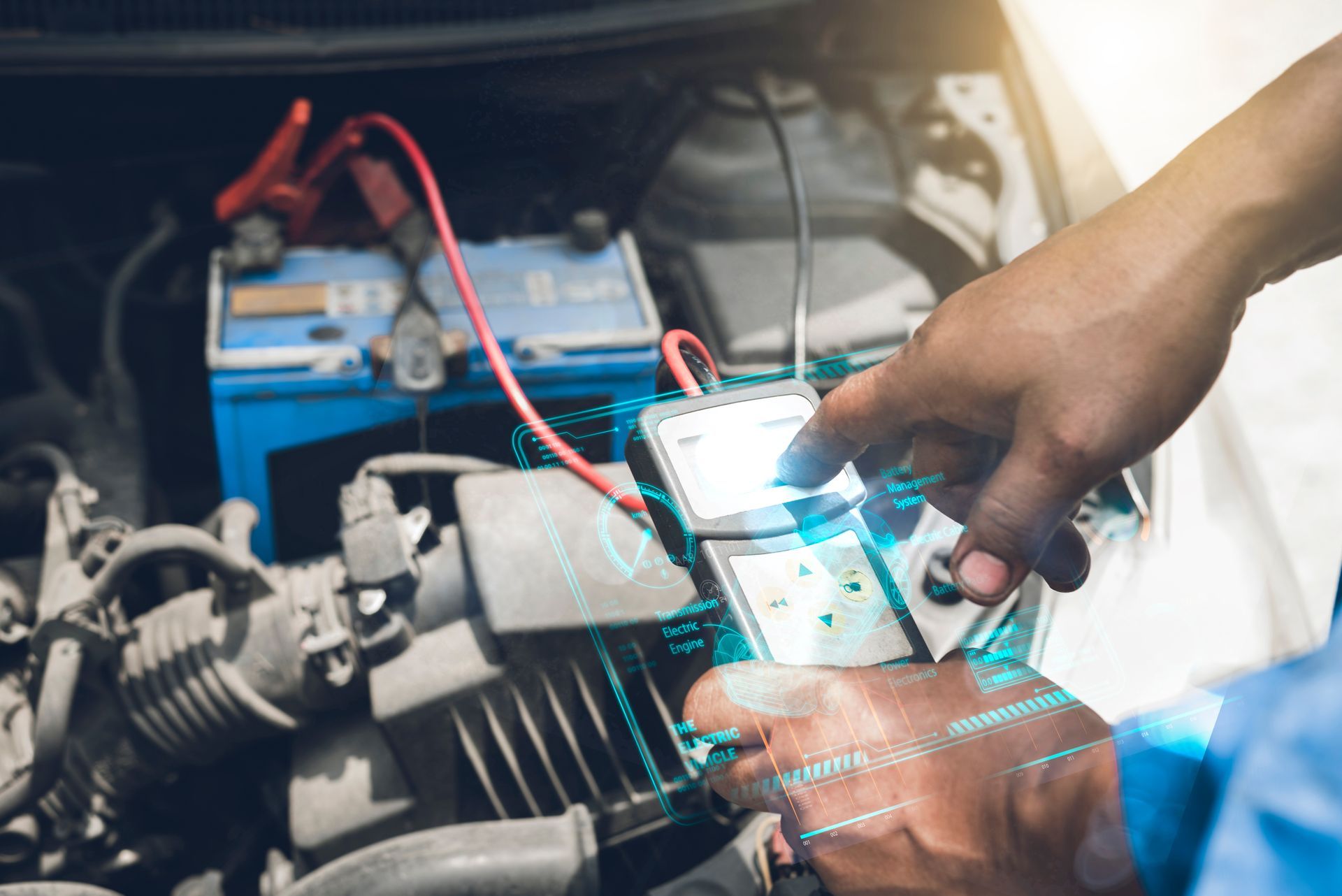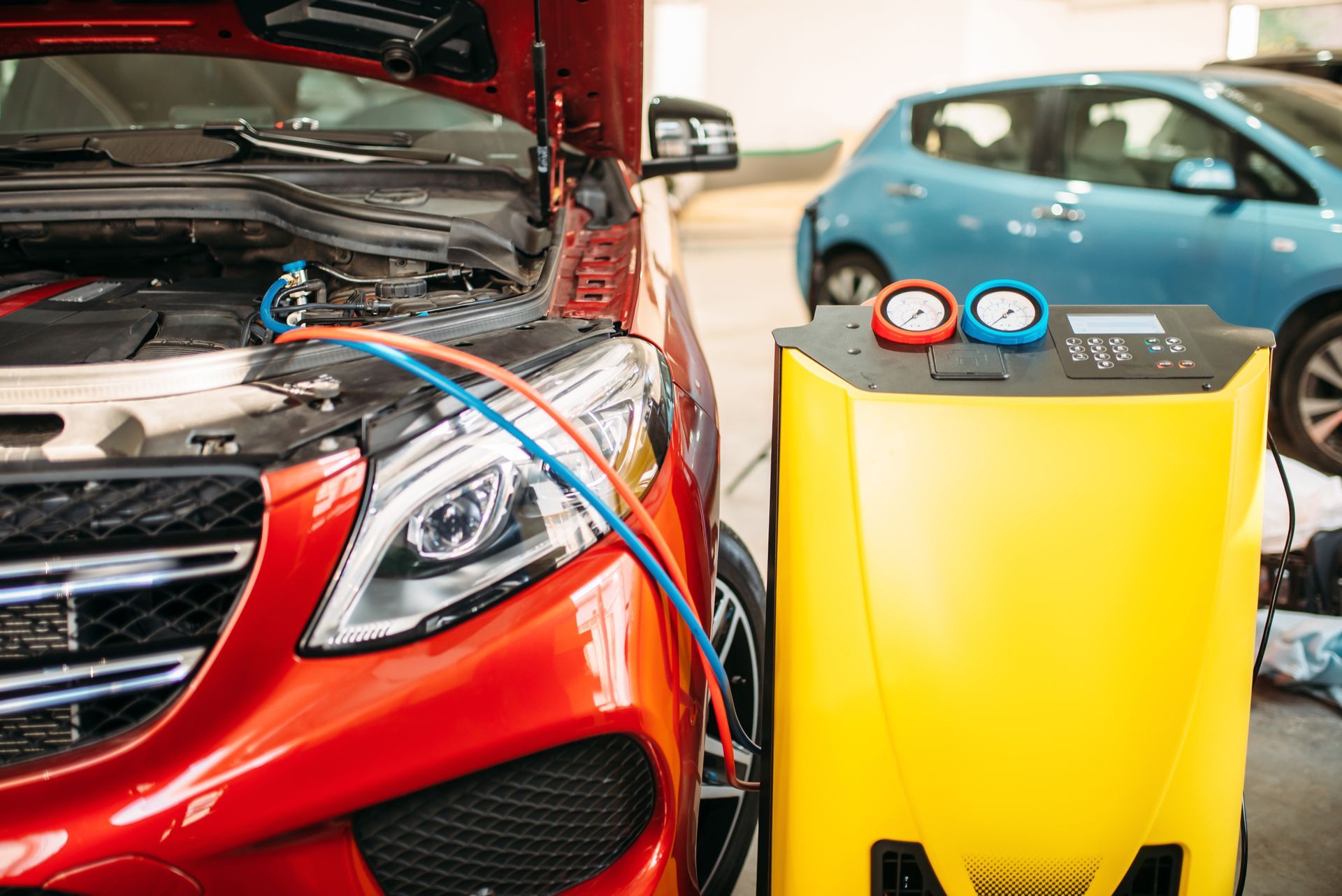Buying a Used Car? Here’s Why You Need a Professional Inspection First
Buying a used car can save you money, but it also comes with risks if you don’t do your homework. A vehicle that looks great on the outside could be hiding mechanical issues, past accident damage, or even flood exposure. Skipping an inspection might mean dealing with expensive repairs down the line—problems that could have been caught before you signed the paperwork. Wouldn’t you rather know exactly what you’re paying for before committing to the deal?
Why a Test Drive Isn’t Enough
Many buyers assume that a test drive is all they need to determine if a car is in good shape. While test driving is important, it only gives you a limited sense of the vehicle’s condition. You might notice how it accelerates, how the brakes feel, or whether there are any strange noises—but deeper mechanical issues can go undetected.
For example, an engine might sound fine at first but could have internal problems that aren’t noticeable until weeks later. The transmission may shift smoothly during your drive, but hidden wear and tear could lead to failure in the near future. A trained technician can check for signs of wear that you might overlook, helping you avoid unexpected breakdowns.
Hidden Issues That Could Cost You Thousands
Some sellers, whether private individuals or dealerships, may not disclose all the details about a car’s past. Even if they provide a vehicle history report, these reports don’t always tell the full story. A car that looks spotless could have been in a previous accident, had flood damage, or undergone temporary fixes to cover up major issues.
A professional inspection uncovers potential red flags such as:
- Undetected frame damage – Even minor accidents can weaken a car’s structure, affecting its long-term safety and durability.
- Hidden rust or corrosion – Some rust is obvious, but corrosion on critical components like brake lines or suspension parts can go unnoticed.
- Engine and transmission wear – Warning signs like oil leaks, worn belts, or slipping gears can be caught before they turn into expensive problems.
- Electrical system issues – Faulty wiring, weak battery connections, or malfunctioning sensors might not be apparent during a basic test drive.
- Suspension and alignment problems – Uneven tire wear, a rough ride, or drifting to one side can indicate serious alignment or suspension issues.
Skipping an inspection might save you money upfront, but it could leave you with costly repairs down the line. Spending a little now for a professional evaluation can prevent headaches and unexpected repair bills later.
How a Pre-Purchase Inspection Saves You Money
A pre-purchase inspection isn’t just about identifying problems—it also helps you negotiate a better deal. If a mechanic finds minor issues, you can use that information to ask for a lower price or request that the seller fix the problems before you buy. In some cases, an inspection may reveal major issues that make walking away from the deal the best option.
Even if a car gets a clean bill of health, the peace of mind that comes with a professional inspection is worth it. Knowing that your vehicle is in good condition allows you to make an informed purchase without second-guessing your decision.
What Happens During a Professional Used Car Inspection
An inspection is a thorough process that covers all major components of the vehicle. A qualified technician will look at:
- The engine and transmission – Checking for leaks, worn belts, or signs of overheating.
- Brakes and suspension – Ensuring brake pads and rotors are in good condition and checking for worn shocks or struts.
- Tires and alignment – Inspecting tire tread and checking if the car pulls to one side.
- Fluids and leaks – Checking oil, coolant, transmission fluid, and brake fluid for signs of contamination or low levels.
- Battery and electrical system – Testing the battery and ensuring all lights, windows, and electronics are functioning properly.
The mechanic will provide a detailed report outlining any concerns, giving you a clear understanding of the vehicle’s condition.
When Should You Get an Inspection
Ideally, you should schedule an inspection before finalizing the purchase. If a seller refuses to allow an inspection, that’s a major red flag. Most reputable dealerships and private sellers will have no issue with a buyer requesting an independent assessment.
Even if you’re buying a certified pre-owned vehicle, it’s still a good idea to get an inspection. While certified cars often go through an internal dealership inspection, a second opinion ensures that nothing was overlooked.
If you're buying from an out-of-state seller or an online marketplace, look for a trusted auto shop in the area, such as Suwanee Service Station, to perform the inspection before you finalize the deal. A small investment in an inspection can save you from making a costly mistake.
Avoid costly surprises after buying a used car. Get a professional inspection at
Suwanee Service Station in Suwanee, GA, and drive away with peace of mind. Schedule your inspection today!
